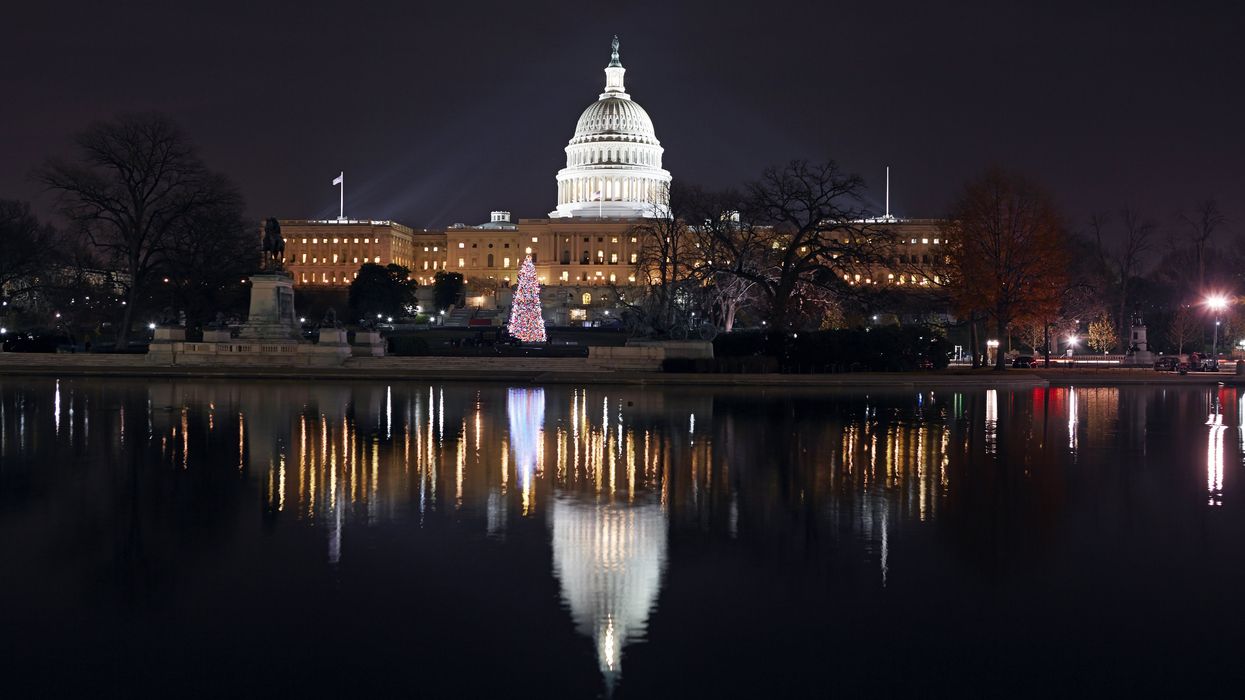My wife and I have monitored (or to be more exact, policed) our kids’ video game usage over the years. No violence, no guns, no military games. So, years ago we introduced a game to our kids that they actually liked even though it met all of our requirements.
“Overcooked” requires participants to collaborate to prepare a meal. Players must talk to each other in advance, plan the process for adding ingredients and, when the game starts, share resources and collaborate on strategy to prepare a meal. With a timer adding deadline pressure, players get a sense of tension and fun without the usual disgusting violence. Although there is yelling involved, (“No, I said to add tomato sauce — not pesto — to the pizza!”) the key to winning is communication and collaboration to prepare a meal efficiently and quickly.
At the risk of extrapolating too much from a video game analogy, the revelation perhaps did suggest a solution to the problem of politics at the holiday dinner table. Maybe Americans invest too much in worrying about the potential for political discord at a holiday meal and miss that broader message and meaning of the “holiday season process.” The meal itself is a culmination of an undertaking requiring many people working over a couple of days, resulting in a mutually beneficial (and usually delicious) outcome. Menus are often designed by committee, shopping is conducted by multiple allies and dish preparation is often delegated to many hands. For most families, meals during the holiday season are a collective effort requiring communication, compromise and trust.
The analogy between holiday dinners and how Congress functions is an interesting analogy. While most Americans don’t see it, Congress often creates more constructive results than is normally perceived. I have had a fortunate vantage point to view our democracy. Working for many years for a nonprofit organization that provided confidential advice and training for members of Congress and staff, I had a front row view of the nation’s premiere legislative body in action … and it’s not as bad as most Americans think.
Compromises are “cooked” up on a weekly basis. Constructive legislation may take time to “marinate.” But eventually the end product is eminently palatable to the public. And usually, by the end of a congressional session, a buffet of generally positive outcomes is served to the American people.
To be sure, we have not cracked the code and developed a recipe for solving some of our nation’s thornier problems, such as immigration reform, entitlement benefits and managing the budget deficit. But generally speaking, Congress follows the same methods of good cooks: Plan well, get good ingredients and get the meal on the table in time for dinner. Recent Congresses have produced the largest infrastructure bill in a generation, developed a new method for approving drugs at the FDA and approved every federal budget since 2011 by wide bipartisan majorities.
So perhaps our nation’s leaders would do well to take a step back from the nasty rhetoric that poisons the flavor of our democratic dialogue. Instead, they should consider how to be great chefs, with the culmination being a banquet of legislative accomplishments. Perhaps the holiday dinner preparation analogy is a recipe for satiating the national appetite for positive change, leaving the electorate well fed with a diet of healthy outcomes for the body politic.
Fitch is a former CEO of the Congressional Management Foundation and a former Capitol Hill staffer.




















Trump & Hegseth gave Mark Kelly a huge 2028 gift